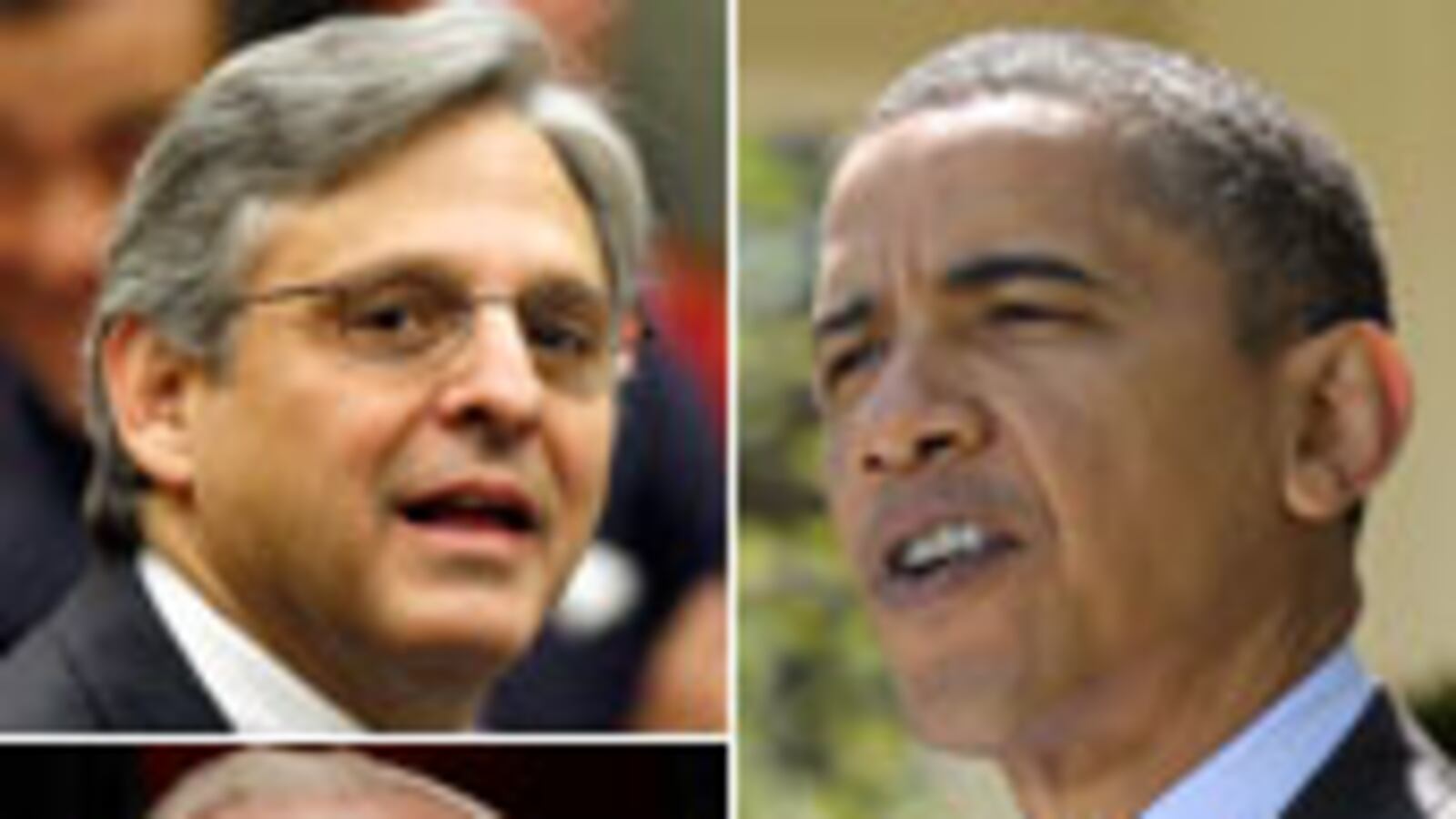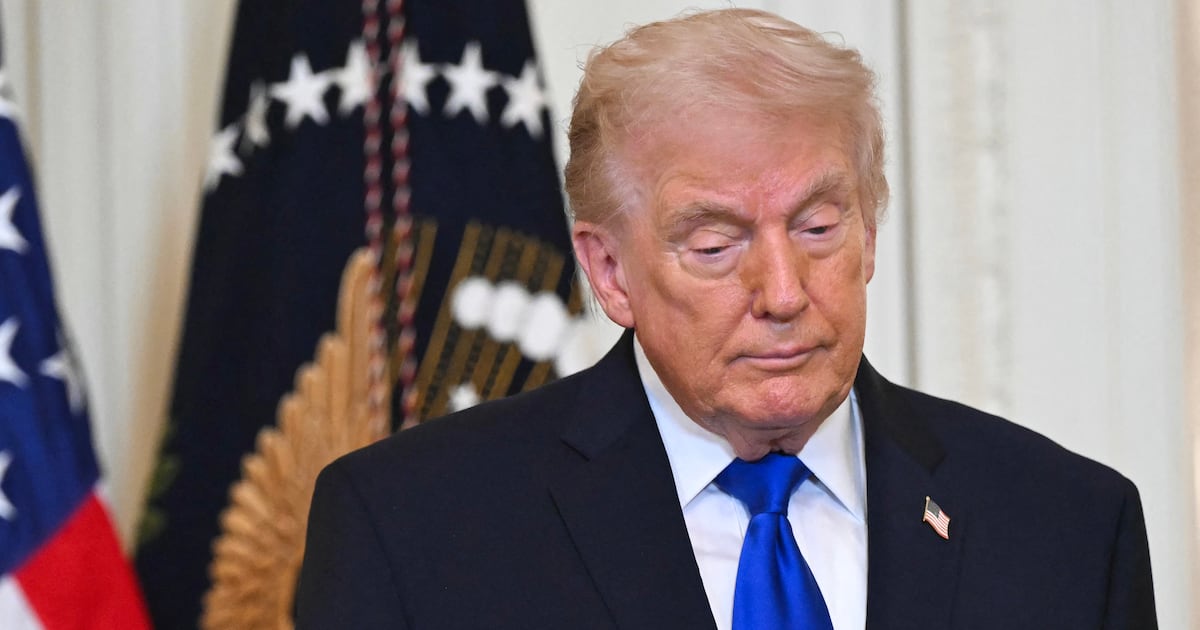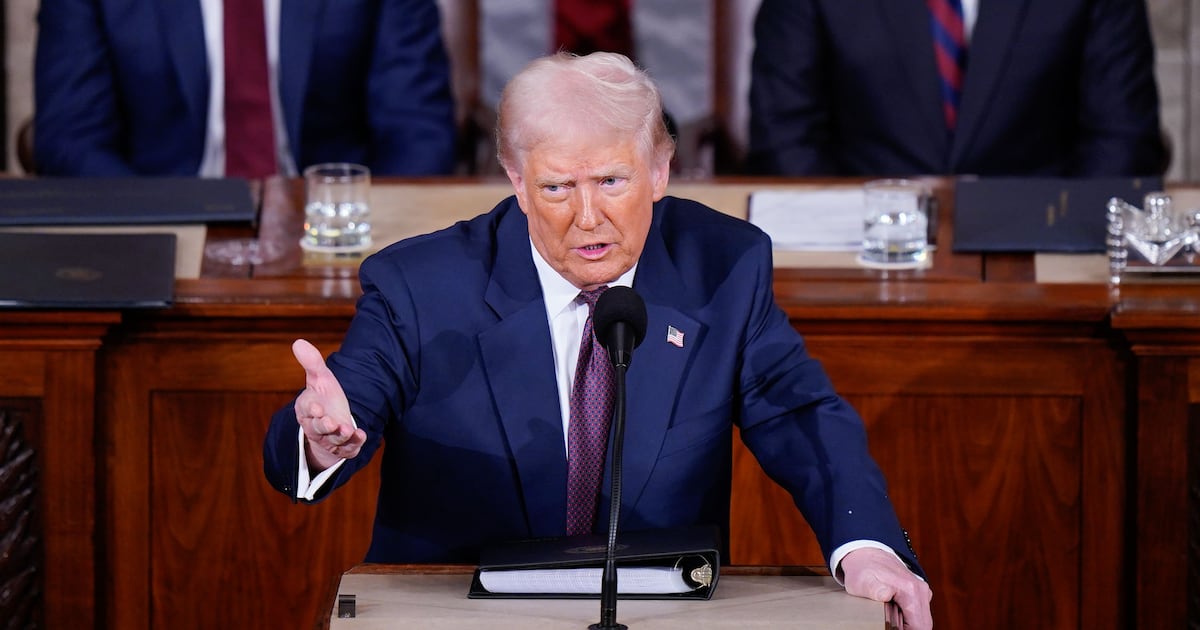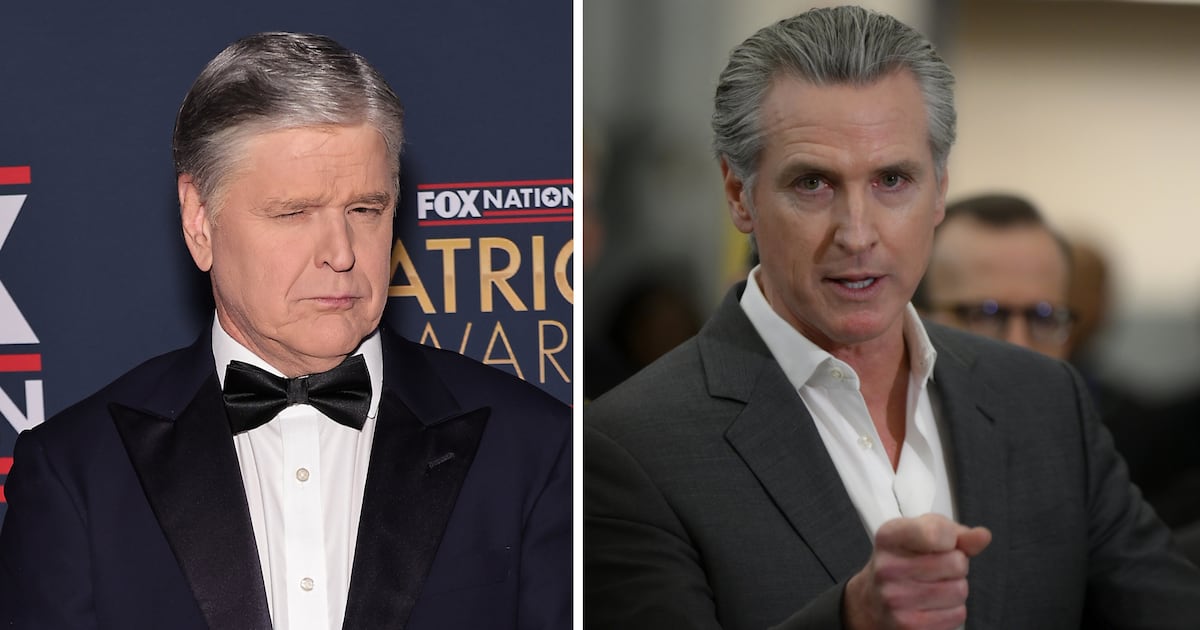
For all the rancor over Sonia Sotomayor’s “wise Latina” comment, the justice rode a fairly charmed path to confirmation last year, drawing support from a handful of Republican senators along the way, thanks to her moderate record. But that was then. Today a yearlong and ongoing partisan war over health-care reform threatens to make the fight to replace Justice John Paul Stevens, who will retire this summer, exponentially more difficult.
“The widespread consensus is [Garland’s] very moderate, so if that’s right my sense is he’ll disappoint people on the left.”
Although experts say that constitutional challenges to the new health-care law launched by a collection of Republican attorney generals are extremely unlikely to succeed, emotions are running high among liberals and conservatives alike over its passage. A major battle over a Supreme Court nominee could provide an ideal opportunity for either party to rile up the base further ahead of the midterm elections. Legal advocates on the right tell The Daily Beast that almost any Obama pick will face strong conservative opposition out of the gate, while some on the left are hoping Obama will stir the hornet’s nest with a solidly progressive pick.
Tom Fitton, president of the conservative watchdog group Judicial Watch, said he considers the Supreme Court battle “Obamacare Part II.”
“There’s going to be a big fight no matter who the pick is,” he said. “I think a Sotomayor-type nomination would result at this point in no Republican votes. I think nerves have been rubbed raw in the Senate, and the deference given even by moderate Republicans to the president on the nomination process is going to be a lot less.”
• Big Fat Story: Who Will Replace Stevens?• Tunku Varadarajan: You Call Stevens a Liberal?Carrie Severino, chief counsel of the right-wing Judicial Crisis Network, also predicted that health care would color the debate. She said nominees would likely face tough questioning on their views of the commerce clause in particular, which many conservatives say invalidates the health-care law’s individual mandate to purchase insurance.
“Our Constitution shouldn’t just be an inconvenient hurdle to pushing through a liberal agenda,” she said. “I think we’ll recognize that and see judges being evaluated as to whether they’re going to rubber-stamp Obama’s agenda, including health care, buyouts of car companies, TARP, and the use of czars.”
On the left, many progressives are worried about the direction of the court under Chief Justice John Roberts, after landmark cases like Citizens United overturned longstanding precedents they held dear. While any Obama pick would likely uphold the constitutionality of health-care reform, making it less of an issue on the left, the health-care debate still has implications for the nominee. The law’s final passage ended with a poke in the eye for pro-choice activists, many of whom accused Democratic leaders of selling them out in order to obtain support from Democratic opponents of legalized abortion, most notably Rep. Bart Stupak (D-MI). A female nominee with strong pro-choice credentials, like Judge Diane Wood, could help Obama reassure the base that he still has their back. And the expected firestorm of conservative resistance to any candidate for the seat has some on the left arguing that they might as well go for broke.
“I think it gives the president latitude to pick who he wants and not simply base the choice on who is most likely to get through,” said Nan Aaron, president of the Alliance for Justice, which advocates for a number of progressive causes.
Despite hardening partisan lines, conservatives appear to be offering President Obama one way to avoid a war—several prominent judicial advocates on the right, including Severino, Fitton, and Curt Levey, executive director of the Committee for Justice, have floated Judge Merrick Garland’s name as a centrist nominee who could garner bipartisan support.
“I haven’t had a chance to review his entire record, but from what I’ve seen so far he seems to fairly apply the law,” Severino said.
But Garland could prove a letdown for the Democratic base looking to make their ideological mark on the court. And as a white male, he could be a lost opportunity to diversify the court further.
“The widespread consensus is he’s very moderate, so if that’s right my sense is he’ll disappoint people on the left,” said Adam Winkler, a law professor at UCLA and occasional contributor to The Daily Beast.
University of Chicago law professor Geoff Stone, who like Winkler is active in the progressive American Constitution Society, also raised concerns about Garland.
“It might be that the idea of regarding Merrick as acceptable is simply because the right thinks he’s not likely to be the nominee,” Stone said. “The Bush administration did not back away from appointing hardline conservative justices and I really would be sorry to see the Obama administration be intimidated to the point they’d pick people because the right says they’re acceptable for them.”
Stone said he considered Garland, along with Wood and Solicitor General Elena Kagan, to be qualified but moderate candidates, and said none of them likely would add a strong progressive voice to the court. However, he conceded that more demonstrably liberal candidates like Pamela Karlan and Kathleen Sullivan might be tough to confirm.
Nonetheless, legal experts noted that nominations only rarely were filibustered on ideological grounds. Strongly qualified yet hardline picks like Justices Roberts and Samuel Alito under President George W. Bush have sailed through without major difficulty while the less ideologically rigid yet less experienced Harriet Miers was forced to withdraw from consideration.
“Whoever they nominate, if they can push a highly qualified candidate and there’s not a ton of ideological red flags, it’s going to be very hard to filibuster,” said Lee Epstein, a professor at Northwestern University and author of Advice and Consent: The Politics of Judicial Appointments. “The public will look at it as screwing around with the court, and the public doesn’t want that.”
The political implications of the Supreme Court battle are unclear, though given the huge place the economy currently occupies in voters’ minds it would take a truly exceptional battle to carry over to November.
“Unless Obama nominates a polarizing candidate, this probably won’t matter much for the midterms simply because it’s going to be one liberal replacing another on the court,” said University of Virginia politics professor Larry Sabato. But he noted that historically, Supreme Court nominees could have major political effects, pointing to President Nixon’s failed nominees to the court, Southerners Clement Haynsworth and G. Harrold Carswell, as instrumental in executing the famous “Southern strategy” that led to his landslide reelection.
Sabato said the health-care debate may “make the nomination battle fiercer” but that such a fight would suggest the new law is the major issue in the midterm elections rather than the Supreme Court hearings.
Benjamin Sarlin is Washington correspondent for The Daily Beast. He previously covered New York City politics for The New York Sun and has worked for talkingpointsmemo.com.






